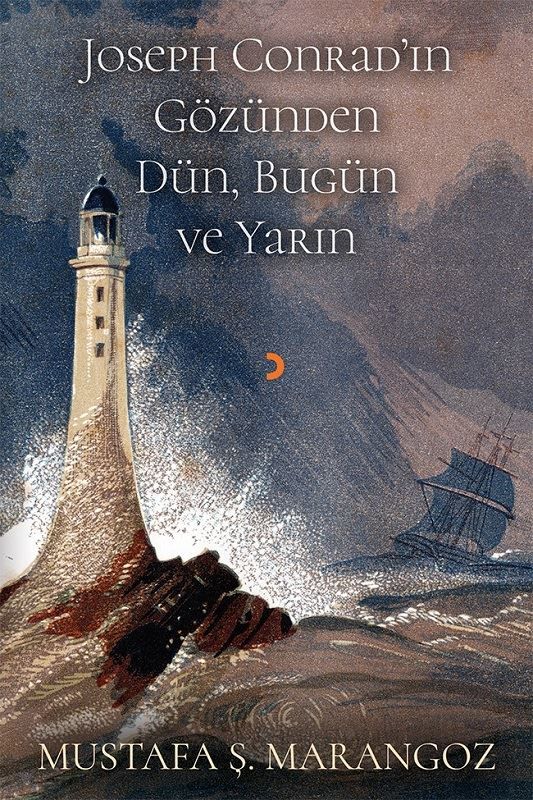
Yesterday, Today and Tomorrow through the Eyes of Joseph Conrad
Almost a hundred years have passed since the death of Conrad, who managed to become one of the outstanding writers of English literature despite not being a native speaker of English. But his findings about yesterday, today and probably tomorrow are still much more shocking and valid than many social scientists could predict. In many respects, he is a typical representative of his age. The British civilization, in which he took refuge after escaping from the Russian occupation, inevitably turned him into an ethnic discriminator and alienator. Therefore, in his opinion, Malays, Chinese or Arabs are civilized and respectable to the extent of their service to British civilization.
In Conrad's works, we watch the European sources of anarchy and terror, the ugliest forms of Western colonialism, the true face of civilization and progress, the story of the birth of American imperialism, and the rotten power struggles of underdeveloped states and societies in the most realistic way possible.
Sea adventures offer us the most striking examples of strict discipline, awareness of duty and struggle against difficulties.
This study, which is a first in Turkey, is the first book written in Turkish that can be used as a source and brings together both Conrad's works and his worldview in a comprehensive manner.
Józef Teodor Konrad was born in 1857, as the child of a Polish noble family, near Berdichev, today within the borders of Ukraine. Due to his father's alleged anti-Russian activities, the entire family is exiled to Vologda in Northern Russia. His mother died when he was 8, and his father died when he was 12. In 1874, he started working on a French ship as a novice sailor. He attempted suicide in Marseille in 1878, but survived without serious injury. He became a British citizen in 1886 and was entitled to receive a captain's certificate in the same year. His first novel, Almayer's Glass House, was published in 1895 under the name Joseph Conrad. This novel was later published in The Negro of Narcissus (1897), Heart of Darkness (1899), Lord Jim (1900), Nostromo (1904), The Spy (1906), Under Western Eyes (1910), A Personal Document (1912), Victory (1912). 1915). The author married Jessie George in 1896 and had two sons, Borys and John. He died on 3 August 1924, at the age of 66, and was buried in the Roman Catholic section of the Canterbury cemetery. He is considered one of the most important writers of both English and world literature.
(From the Promotional Bulletin)
Dough Type: 2nd Dough
Size: 13 x 19.5
First Printing Year: 2019
Number of Printings: 1st Edition
Language: Turkish


